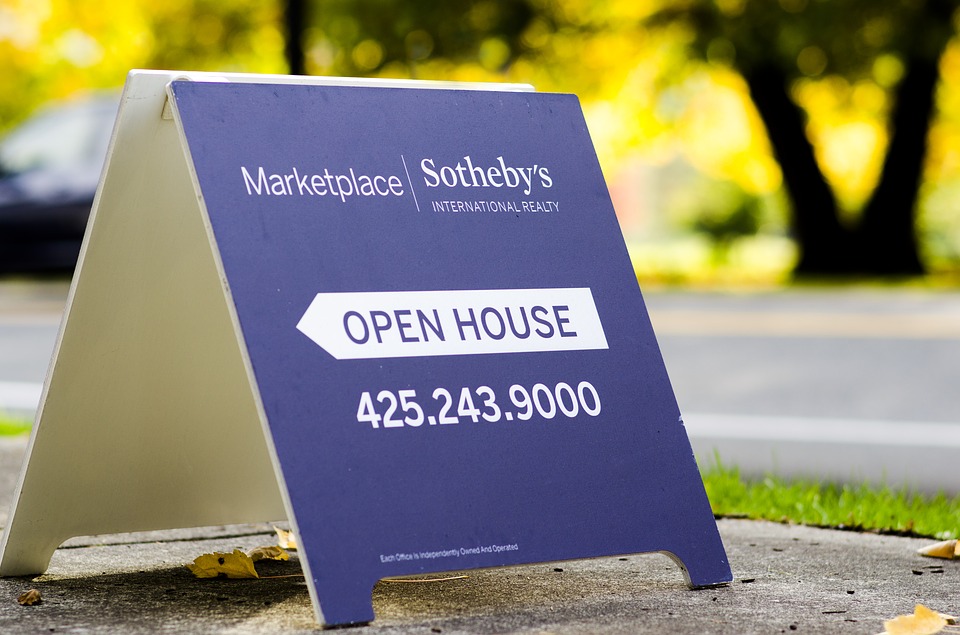
A licensed conveyancing solicitor or broker acts on your behalf to make sure that the transaction is
completed and that the customer receives the property and all rights. It is used for buying,
selling, exchanging, or mortgaging residential or commercial properties. There are many
advantages to having a conveyancing solicitor on your side.
E-conveyancing comes with the Conveyancing of requiring less documentation. This means that
transactions are recorded in a shorter time. This can be advantageous for both the buyer or
seller, as less time is lost. There is no need for multiple forms with different entries. All records
are accessible electronically and can be accessed easily. Paper settlements can often be difficult
to read and hard to follow so e-conveyancing makes the transactions simple to understand and
follow.
Conveyancing Melbourne basically refers to the legal transfer of real property from you to another party. One of the main disadvantages of e-conveyancing is that the fees that the solicitor will charge
you can be very high. Most solicitors will only deal with either house owner or property owner
and you may have to pay a premium for their service. If you have many rooms in your home that
you need to access, the cost of a conveyancer can rise dramatically. Add stamp duty and you
could end up with a large bill.
Conveyancing solicitors can offer fast turnaround times, which makes the entire process quite
quick. In some cases, the deeds can be obtained in less than one week. If you have a tight
schedule then the costs involved with a conveyancing solicitor could be well worth it as you
could achieve the result much quicker than if you attempted it yourself. Even if your property isn’t
up for sale, you could still use a conveyancing attorney to assist you.
Another benefit of having a conveyancing lawyer to help you is their experience in this area. A
conveyancing lawyer will have extensive experience in this field and can advise you on what to
do. They will also be able give you advice on how to avoid future problems.
DIY conveyancing may be more affordable, but it may not always be the best choice. DIY can be
messy and time-consuming. It is not possible to guarantee that your data will remain confidential
and private once it passes through the hands a professional lawyer. DIY’s can lead to the
homeowner having to pay professional legal advice and fees. This can lead to high costs over a
long time.

DIY’s are not subject to any government regulation. These types of transactions offer very little
protection to the customer. As well as this there isn’t any protection for the conveyance either so
you could be left vulnerable in the event that the conveyancing transaction goes wrong and
there is a dispute about who pays for the sale/redemption charges or other fees. This can lead to
expensive litigation. Often, the winning party will have court costs and damages. If the client
doesn’t receive their money back after a successful settlement, the same thing can happen.
The same protection is not available to estate agents. The Companies Act 2021 only protects
real estate agents. This means that they must take reasonable precautions to protect the
public’s interests in any transaction. UK law requires property conveyancing lawyers to act fairly
and honestly between themselves, the parties to the transaction, and their clients. They could
face large penalties or even criminal prosecution if they violate this law. To ensure their client is
safe, all conveyancers must perform independent checks

